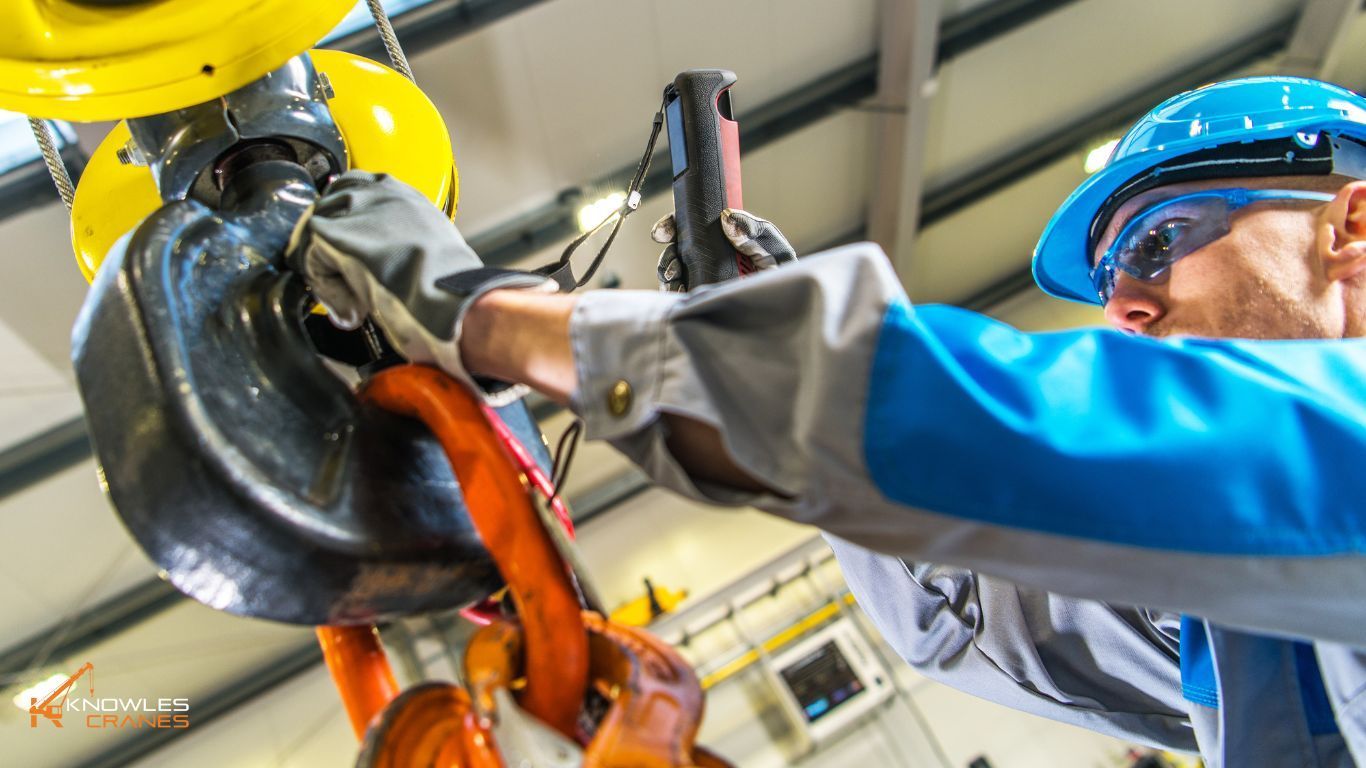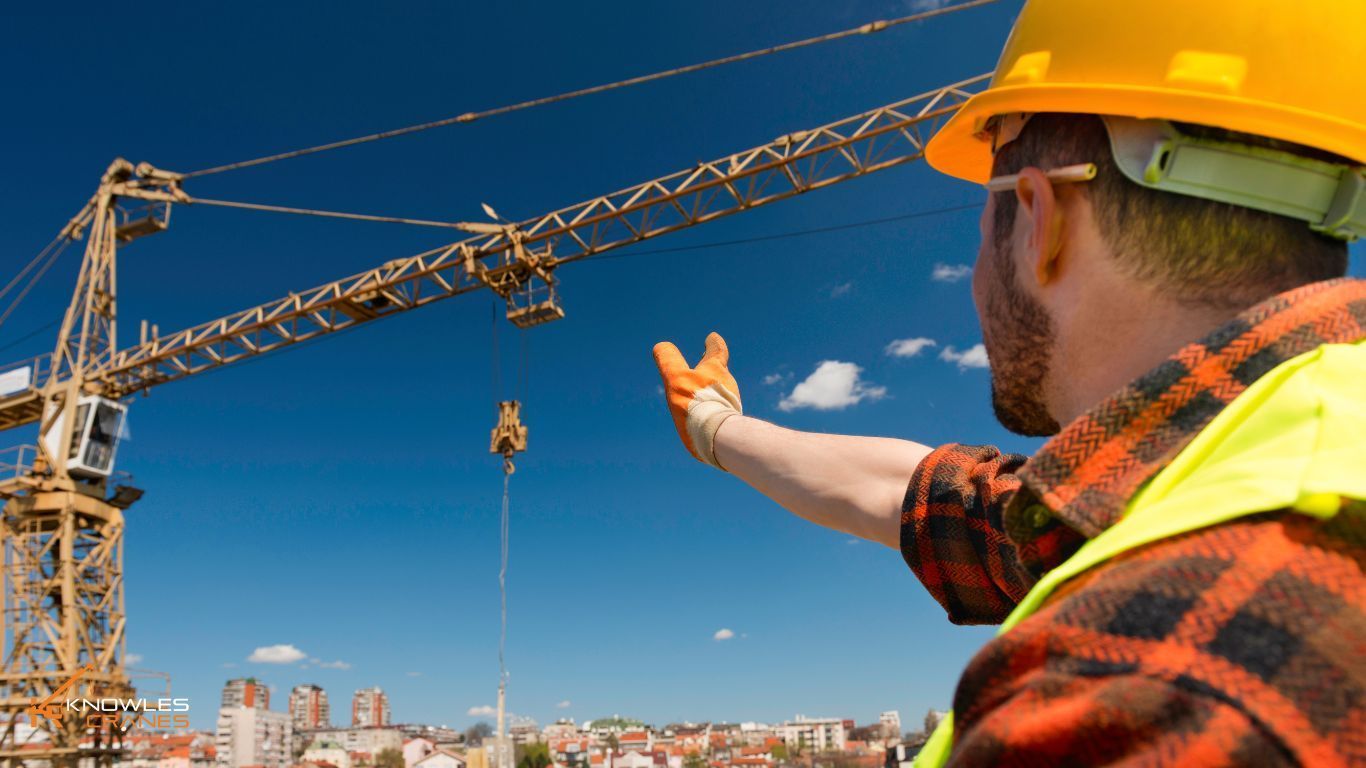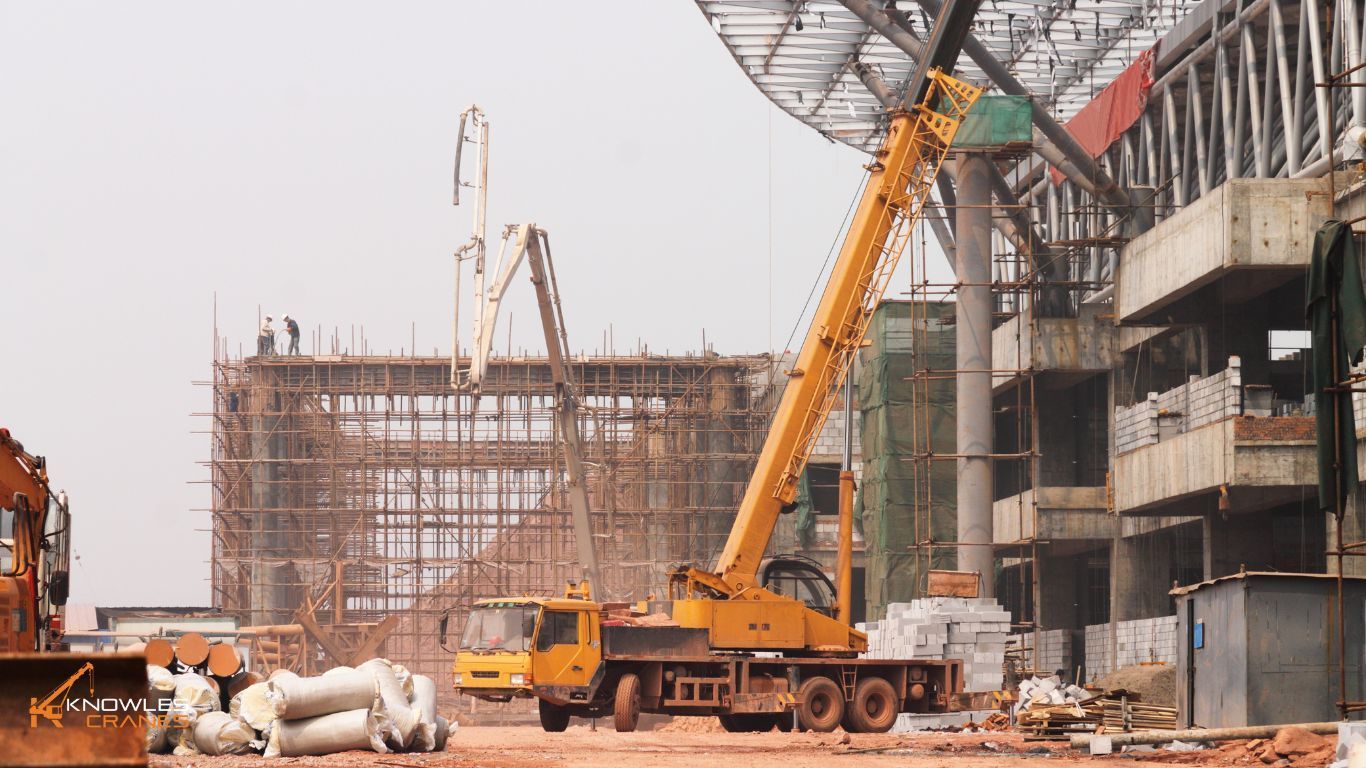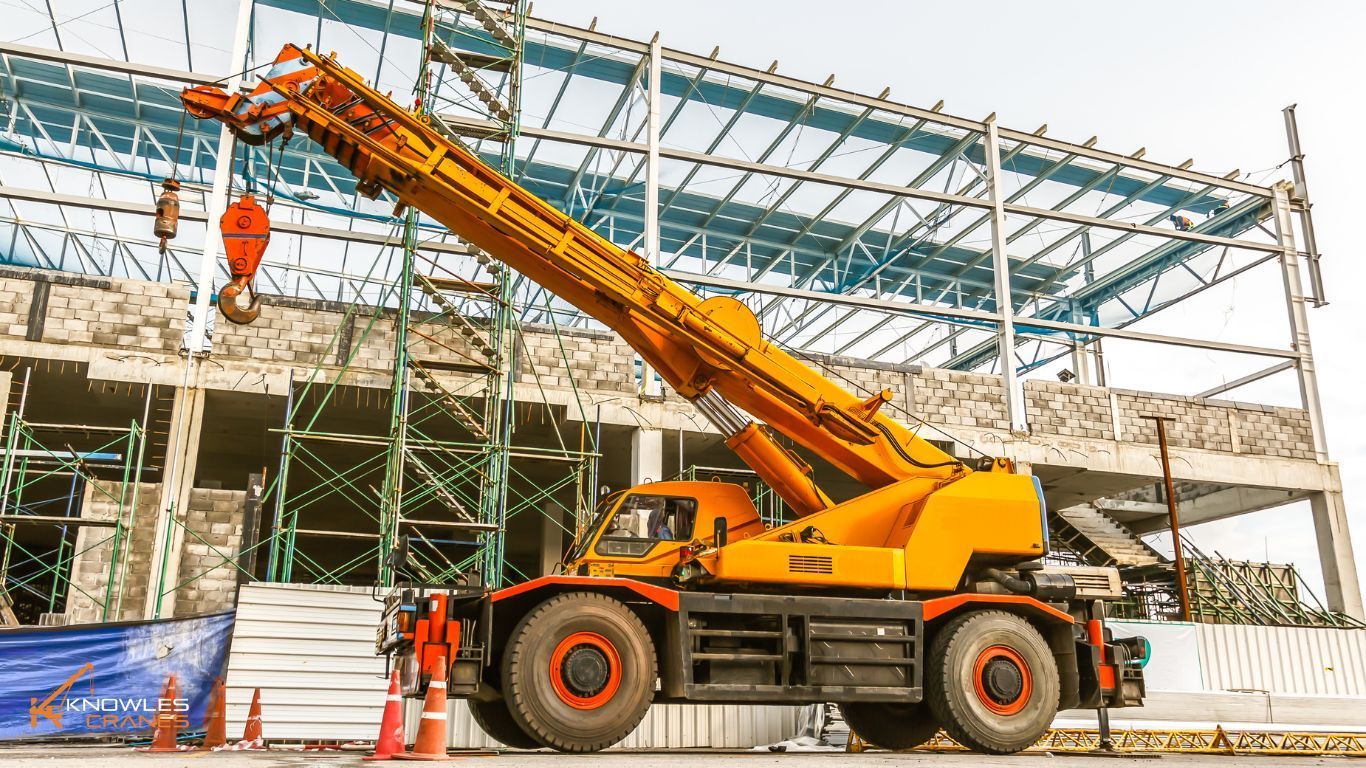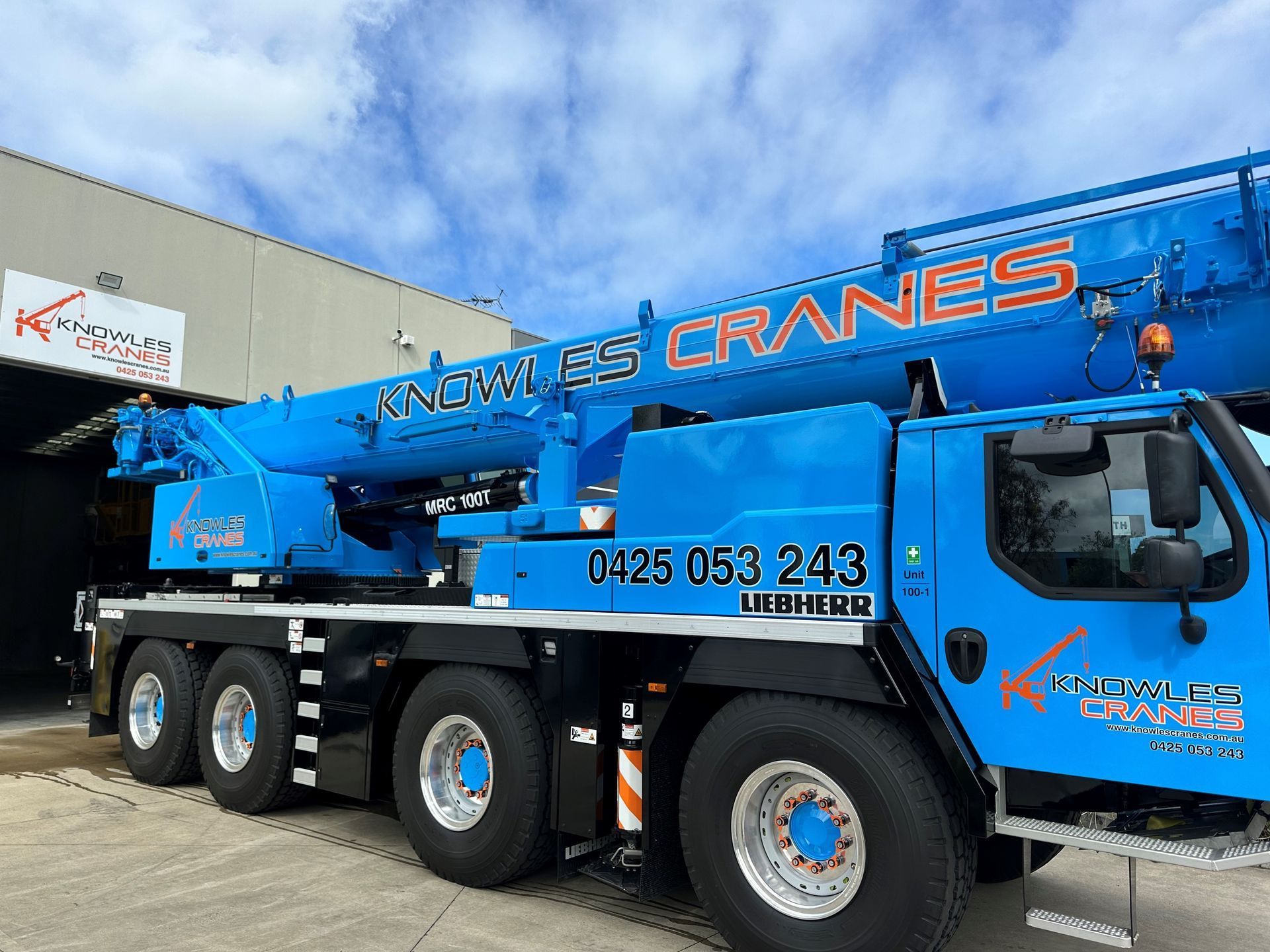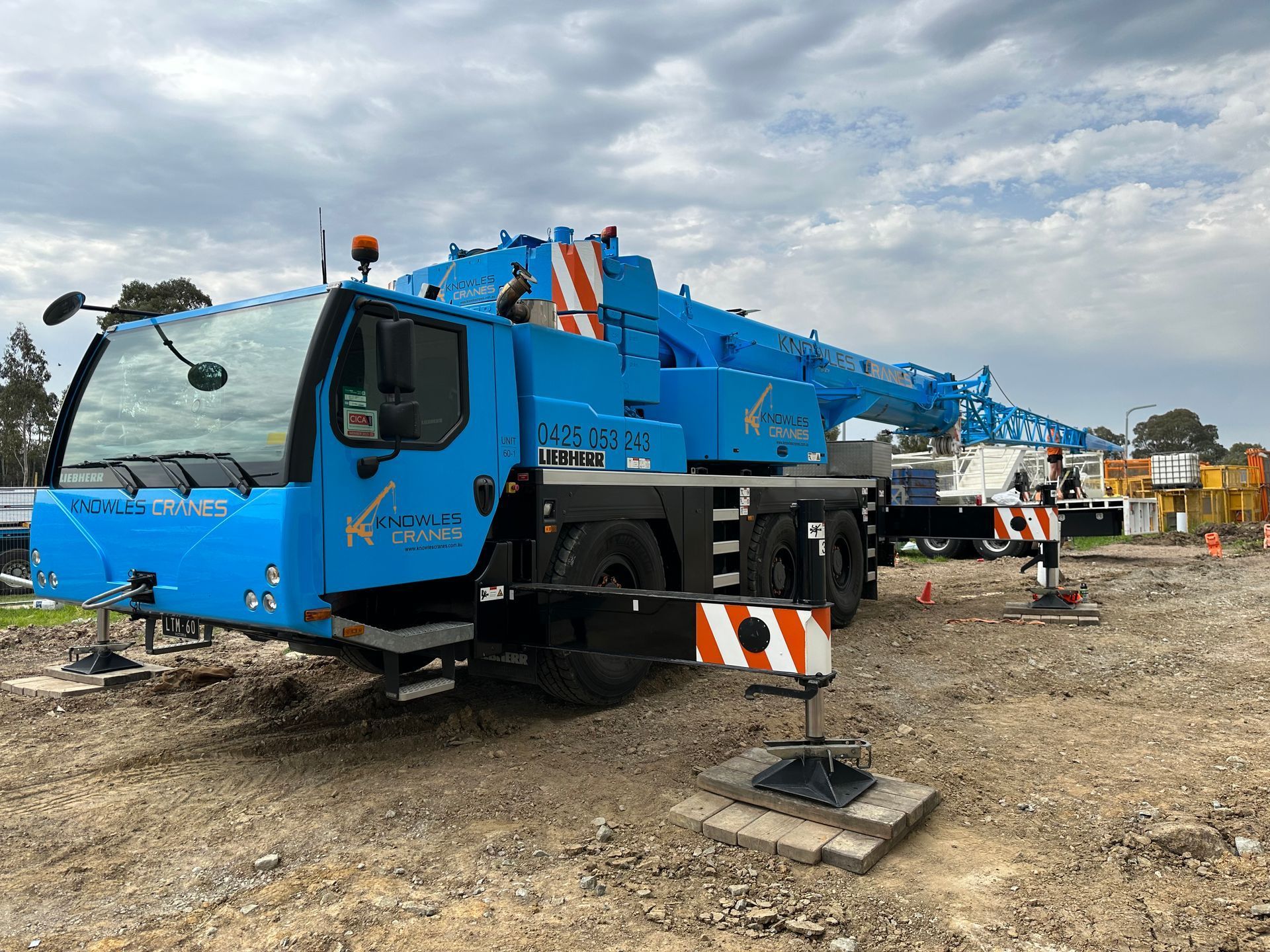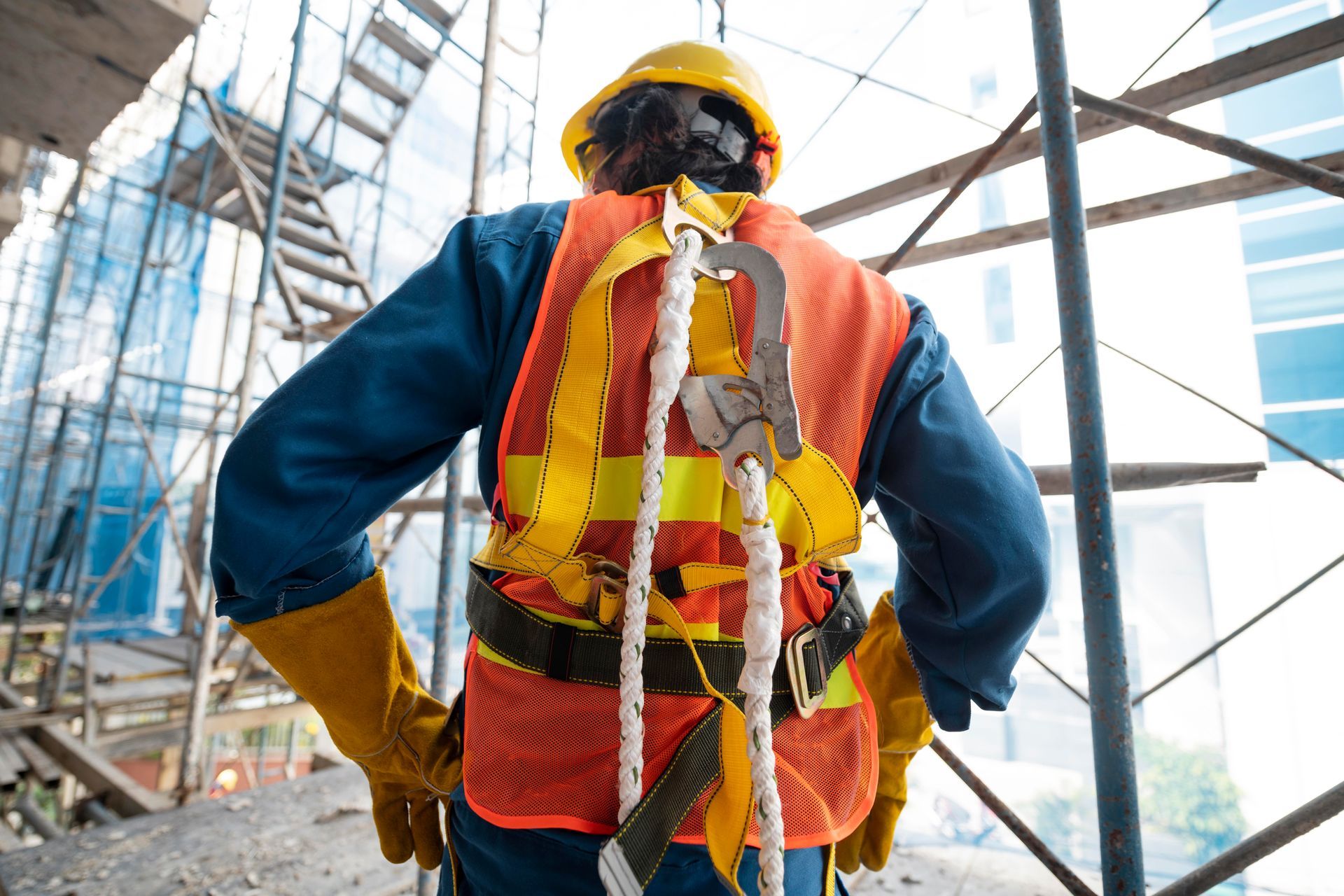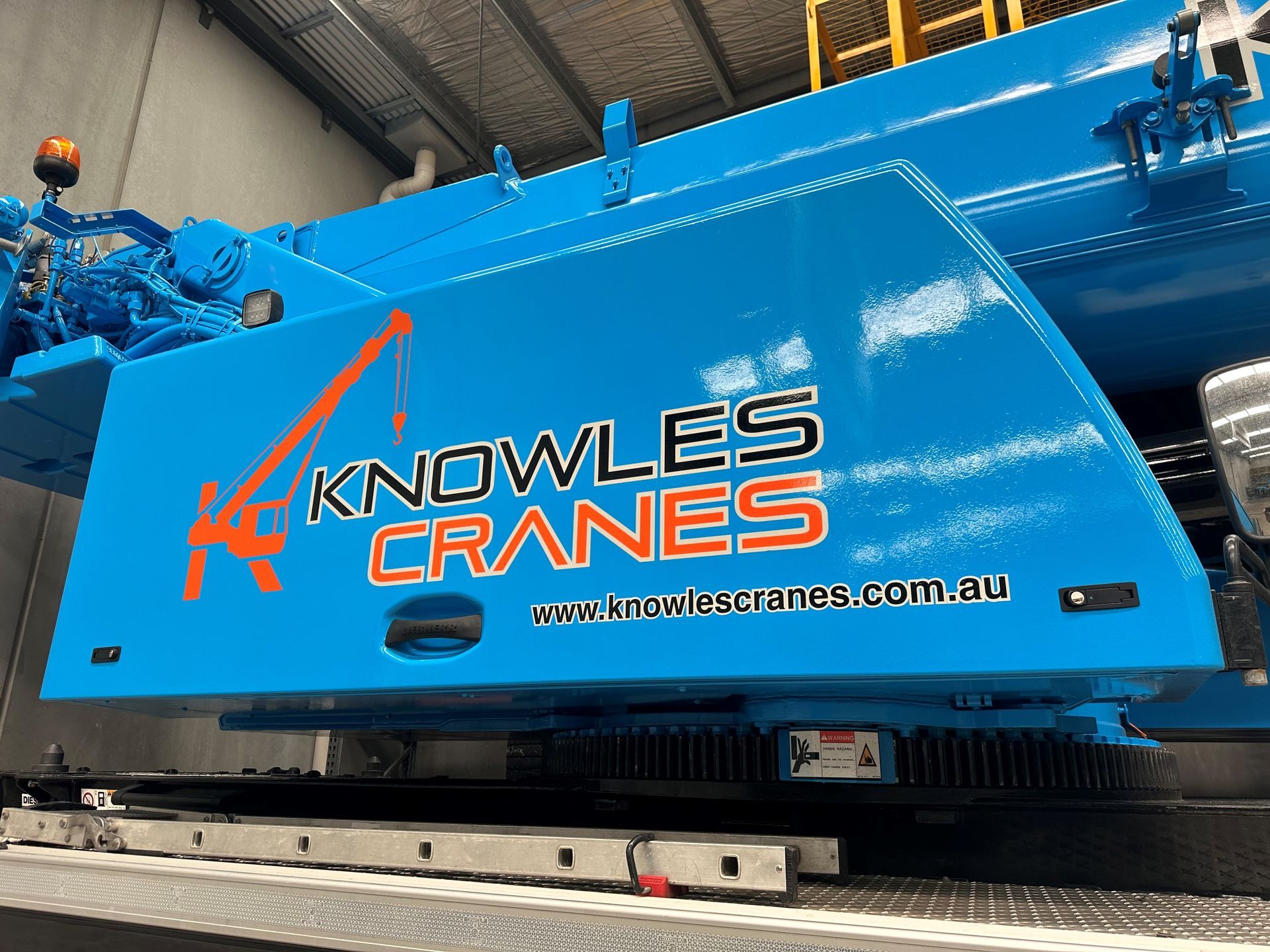How to Hire a Mobile Crane: A Step-by-Step Guide
Mobile cranes are versatile pieces of heavy equipment used to lift and transport heavy loads. They are indispensable in various industries, including construction, manufacturing, mining, and logistics. If you're planning a project that requires heavy lifting, hiring a mobile crane is often the most efficient and cost-effective solution.
Understanding Mobile Crane Types
Mobile cranes come in various types, each with its unique capabilities and applications. Here are some of the most common types:
- All-Terrain Cranes (ATCs): These cranes are highly mobile and can traverse various terrains, including rough and uneven surfaces. They are ideal for jobsites with limited access.
- Rough Terrain Cranes (RTCs): Designed for off-road operations, RTCs are robust and can handle challenging conditions. They are commonly used in construction and mining sites.
- Hydraulic Truck Cranes: Mounted on truck chassis, these cranes offer excellent mobility and lifting capacity. They are widely used for general lifting tasks.
- Crawler Cranes: These cranes are highly stable and can lift extremely heavy loads. They are often used in large-scale construction projects, such as bridge building and power plant construction.
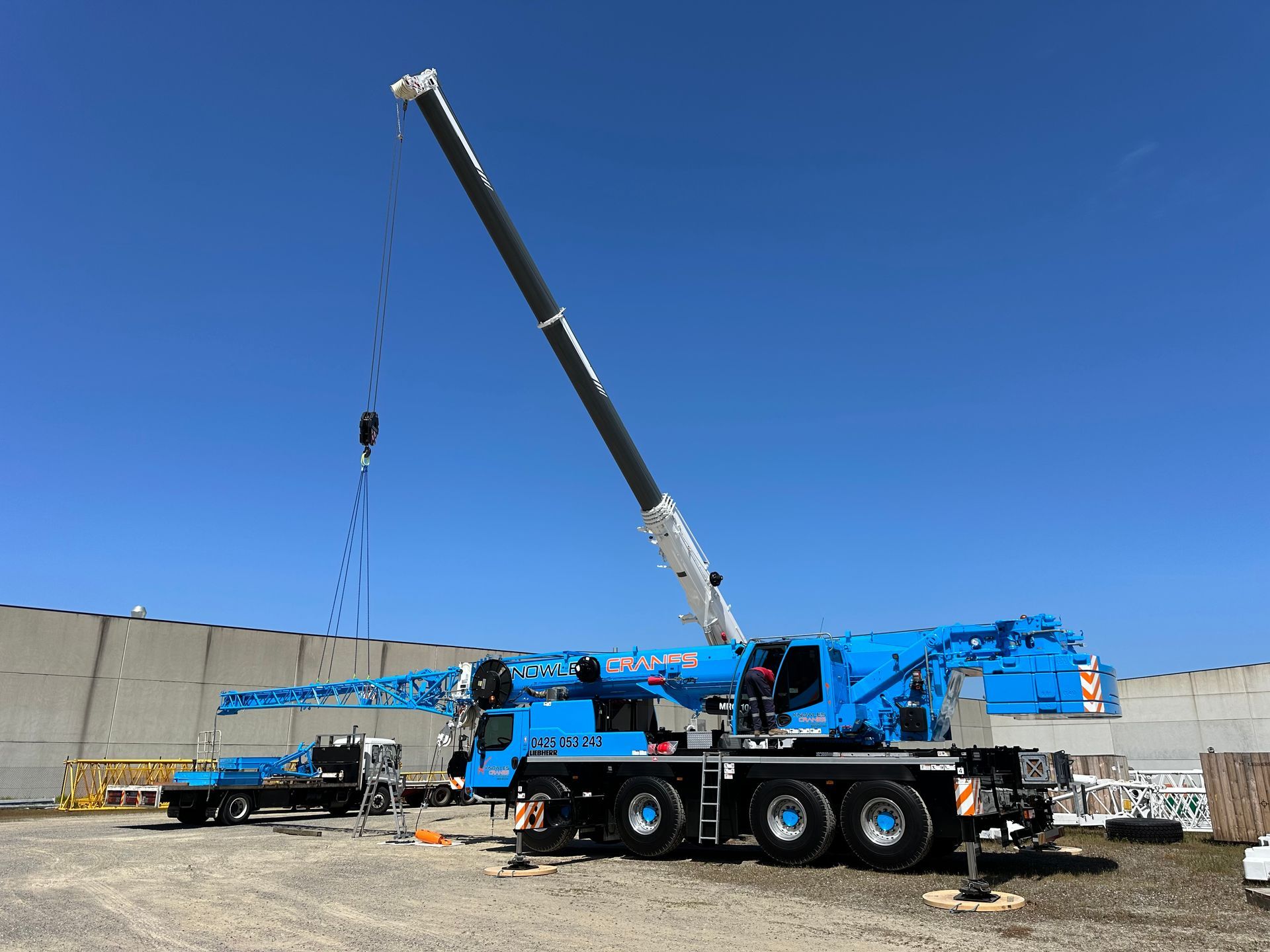
Factors to Consider When Hiring a Mobile Crane
When hiring a mobile crane, several factors must be considered:
- Lifting Capacity: Ensure the crane's lifting capacity is sufficient to handle the weight of the load.
- Boom Length: The boom length determines the crane's reach and working radius.
- Terrain Conditions: Consider the terrain conditions at the job site and select a crane that can operate efficiently in those conditions.
- Job Site Access: Ensure the crane can be transported to and from the job site without any obstacles or restrictions.
- Operator Experience: A skilled and experienced operator can significantly impact the efficiency and safety of the operation.
- Crane Hire Company's Reputation: Choose a reputable crane hire company with a proven track record of safety and reliability. Knowles Crane is an excellent choice for reliable and expert crane services.
Safety Considerations for Mobile Crane Operations
Safety is paramount when operating mobile cranes. Here are some essential safety tips:
- Pre-Operation Inspection: Conduct a thorough pre-operation inspection of the crane to identify and rectify any potential issues.
- Operator Training: Ensure the crane operator is properly trained and certified.
- Load Weight Verification: Always verify the weight of the load before lifting.
- Safe Working Load (SWL): Never exceed the crane's SWL.
- Weather Conditions: Avoid operating the crane in adverse weather conditions, such as strong winds or heavy rain.
- Site Preparation: Ensure the job site is properly prepared and free of obstructions.
- Rigging and Signalling: Use proper rigging techniques and clear communication signals.
- Emergency Procedures: Have a well-defined emergency plan in place.
Cost Factors for Mobile Crane Hire
The cost of hiring a mobile crane depends on several factors, including:
- Crane Type and Size: Larger and more complex cranes typically cost more to hire.
- Lifting Capacity and Boom Length: The crane's lifting capacity and boom length will affect the hourly rate.
- Duration of Hire: Longer hire periods may result in discounted rates.
- Transportation Costs: The distance the crane needs to be transported will impact the overall cost.
- Operator Costs: The cost of hiring a skilled operator will be added to the total cost.
- Additional Services: Any additional services, such as rigging or dismantling, will incur extra charges.
Mobile cranes are essential tools for many industries, but they must be used safely and responsibly. By understanding the different types of mobile cranes, considering the factors involved in hiring a crane, and prioritising safety, you can ensure a successful and accident-free project.
